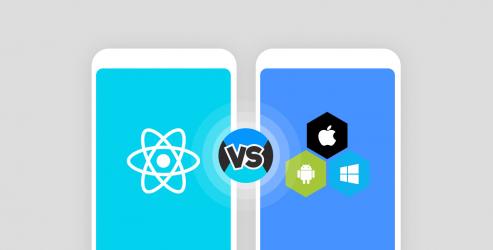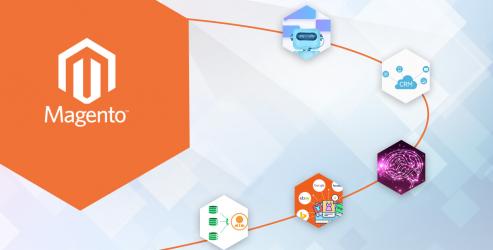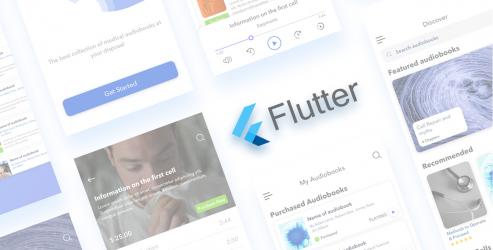
The world of technology is rapidly transforming the educational landscape. You can witness more and more related institutions coming up with their mobile applications. Strategically, they are right. eLearning industry is growing with a CAGR of 7.2%, and if it stays on its pace, its worth by 2025 is expected to reach $325 billion.
Though in the app economy, education is a huge bucket, it?s only a few apps that really top the popularity chart or get the attention of a considerable volume of the audiences, and their app owners are truly able to bag the opportunities and monetize their effort. It suggests eLearning application development demands some serious brainstorming.
Educationists and their digital mentors, or so-called e-Learning app development company should devote some time to understand eLearning trends before pursuing learning app development goal. If you represent either of them, here is some food for thought.
eLearning Trends That Need Attention of Educational App Development Company in 2017
1. Contextualized Learning
The demand for microlearning is to go up. What?s microlearning? Well, instead of serving users with a long and tedious lesson with complex modules that often disinterest them, it?s better to break down the lesson, including a set of questions and answers (QA), or quizz (textual/audio/animated) based on the learning. Use MCQ (Multiple Choice Questions), fill in the blanks, true or false, or something similar where users don?t have to interpret things too much. The latter not just helps users to feel connected and entertained but also helps in improving the quality of learning.
2. Two-Way Conversations In eLearning
Imagine a situation, you are with your kid trying to make him or she understand a problem in mathematics. You explained the theorem, solved one or two problems, while the kid was listening to you. Then you asked him or her to solve a similar problem. But to your surprise, he or she couldn?t. So who is at fault? What was the mistake? Clearly, the communication you resorted to was one-way, which doesn?t work in education.
Introducing AI (Artificial Intelligence) chatbot, change your eLearning delivery concept. Make it a two-way conversation. It shouldn?t be the boring communication where students get disconnected from the app. This helps you keep users connected with your app on real-time basis.
You will like reading this: 5 Must-Do Tasks Before You Go with Educational App Development
3. Better Use Of Data
Taking help of mobile analytics, enhance the contextual learning further. It reads between the lines, depicts a better picture regarding the user experience gauzing perception, expectation, and challenges, and provides the scope of enhancement. For quick and easy decoding of the user behavior with analytics, ask your eLearning app development to make use of analytics tool that is easy-to-use and generates a comprehensive reporting.
4. Video, Video, Video
According to Cisco, by 2019, 80% of the Internet traffic will be consumed watching videos. So, it makes sense to include video-based eLearning modules in your educational app. What is desirable? The architecture of the app should be strong enough to handle the content efficiently. This demands flawless and bug-free programming using the latest programming language and other software development resources.
5. Social eLearning
Social eLearning? Sounds new? In fact, it?s the oldest learning methodology. From the very beginning, before attending schools, we learn from the family and society.
Hence, digital doesn?t mean that you alienate users from the society. Equip your apps with social channels like Facebook, Twitter, Pinterest, etc., and let people share thought or opinion about your app along with their achievements and rewards they earned from their eLearning effort. This will help you orchestrate a truly engaging app.
The Bottom Line
While mobile app developers try to learn from impressive apps that top the chart on Google Play and App Store, which is good, however, at Root Info Solutions, we think what is more important is to learn from the backbencher apps, that is, the apps that meet failures. We do it seriously. This helps us better understand what users don?t like. Avoiding those in our eLearning app development strategy, we have succeeded in scripting envying success for our clients like Dr. Moku. Check the language learning app that we built for it.











